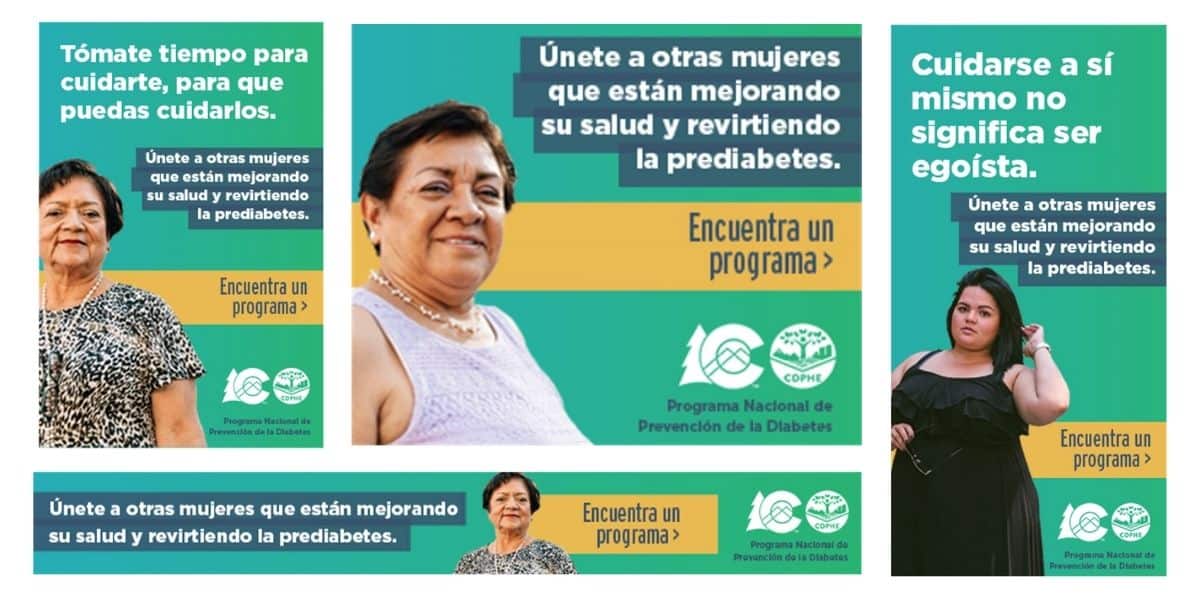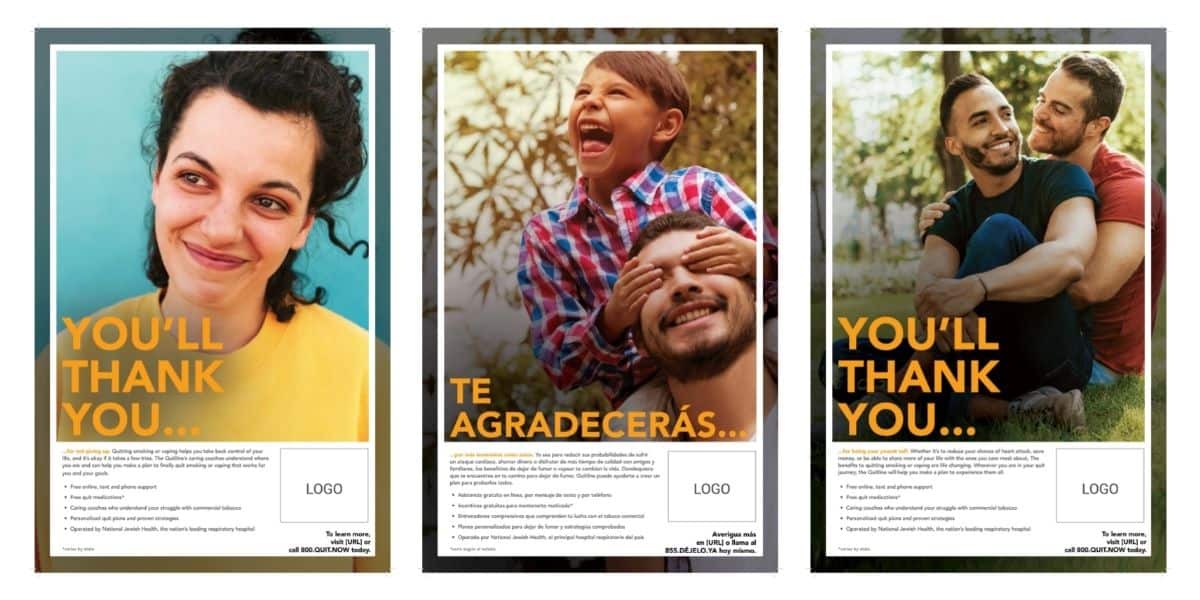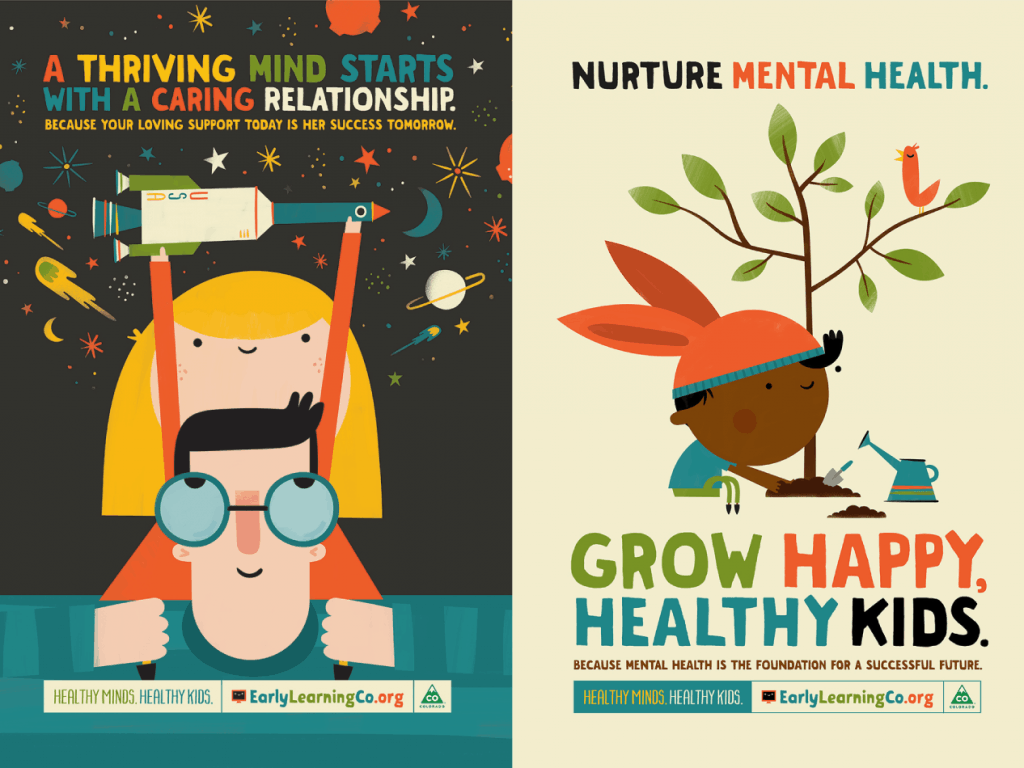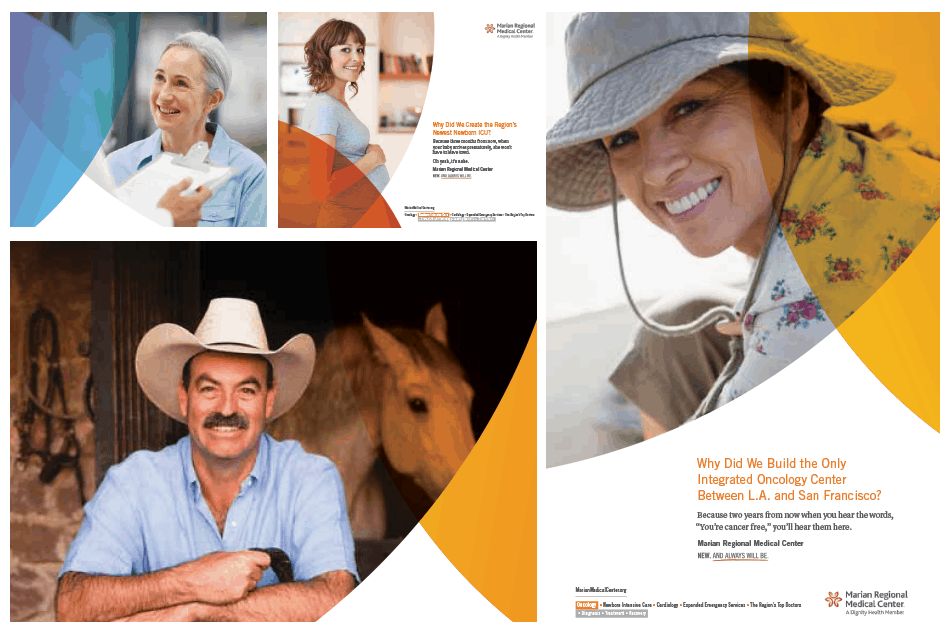Here’s a sobering fact: In Denver, only around 1.4% of businesses are Black-owned. That lands our city at the #6 position for U.S. metropolitan areas with the lowest percentage of Black-owned businesses, according to LendingTree.
This is exactly the problem that AYA Foundation and Benilda Samuels are hoping to remedy.
Last month, Samuels, along with a majority Black executive team of longtime Colorado community pillars, launched AYA Foundation, a community foundation entirely focused on Black generational economic prosperity.
AYA is not an acronym but rather the West African Adinkra symbol for endurance and resourcefulness. It is believed that this symbol embodies those who have endured many adversities and outlasted much difficulty, which really encapsulates AYA’s mission.
I sat with Samuels, the foundation’s executive director, to discuss what AYA means for Colorado’s Black community and how her communications expertise moves the needle towards formidable change in Black communities nationwide.
What is AYA Foundation looking to accomplish?

Benilda Samuels, executive director of the AYA Foundation.
The trauma we carry because of enslavement, in addition to racist policies (like the war on drugs), has created conditions that continue to haunt Black people. We often don’t think of ourselves as “the boss,” given our history of being enslaved and being the workforce.
Closing racial gaps across the economy is not only about righting historic wrongs. It is also about choosing a more dynamic future and realizing the full potential of a massively underutilized source of talent to the benefit of all Americans.
AYA is leading an economic revolution by creating a vibrant community of Black entrepreneurs, professionals, and leaders for individual and collective agency and access to capital, resources, and training. We are committed to shifting our community’s mindset to remind us that we are a resilient, brilliant, and enterprising people.
Jice Johnson, co-founder, believes that in order to have power, a community needs to have agency. And one factor that is needed in building “agency” is to build legacy Institutions. That’s how AYA came about.
What sparked your interest in taking the role as executive director with AYA Foundation?
I have been working in social change for more than 30 years. Specifically, I have dedicated my career to supporting, lifting, and advocating for the underserved and those who live furthest from opportunity. I have done that through communications – ensuring that people have access to information, services, and products. And opportunity.
What I know from working in social change for this long is that there are leaders out there that hold a solution to some of the change we need. But I also know that those leaders are not usually on the radar of mainstream funders and philanthropists. So at this point in my career, my purpose is to bring all the resources, networks, and social capital that these leaders need to see their solutions start, grow and scale.
And as a communicator, you have the privilege to know firsthand the story, the product, the service, and the people being served. That position is special and powerful if, as communicators, we are courageous enough to use our position and talents to drive the change.
What does it mean to you to work with a majority Black executive board? And for just over half of the board to be Black women?
Working with a majority Black board of directors is a new thing for me. And I have worked for and been on many boards. Never before has the majority been Black. In fact, the opposite has been true. For the most part I have been the only or one of the only board members of color.
So I hold a lot of promise for the AYA board. Representation is important, but not as tokenism but rather representation of perspective is critical to success.
Further, women know how to make lemonade out of lemons. We know how to survive and how to make it work for ourselves and for all those whom we support so I am extremely confident that AYA will succeed because the organization has the thinking, the support, and the backbone of women.
What do you hope AYA Foundation’s lasting impact will be?
We will have a broad impact. For starters, AYA’s presence in our community begins to build the agency of the Colorado Black community because it establishes an institution in the space. We build community agency by erecting institutions. AYA also offers options to our entire community. We all know that a thriving community includes options. Well, now there’s a Black-serving foundation, and that’s an option that was not there before.
In terms of programmatic impact, our entire community should expect to see the following:
- Increased agency for the Black community.
- More entrepreneurs and professionals in leadership positions and taking on responsibility in the community.
- Black businesses able to scale and hire more employees and in a broader range of industries.
- The Black community shifting from a consumer economy to a producer economy.
- A strong economic foundation for the community.
- Community leaders empowered to start and grow their organizations to fulfill community needs.
AYA Foundation was envisioned by a Black woman (Jice Johnson), and it is led and operated by two Black women. I don’t think there’s any question that Black women are brilliant and strong. But this is an opportunity to pour that beautiful Black girl magic to benefit ALL in the community.
And it will diversify the Colorado business landscape. And when you have a good mix of anything, that’s good for all.
More on Why It Matters:
- The median net worth of black families is ONE TENTH that of white families (Source: Federal Reserve 2017)
- It will take Black families 228 years to earn the same wealth as white families have today. (Source: Institute for Policy Studies 2016)
- Black people comprise approximately 14.2% of the U.S. population, but Black businesses comprise only 2.2% of the nation’s 5.7 million employer businesses (firms with more than one employee). (Source: Brookings 2020)
- 58% of Black-owned businesses are at risk of closure compared to 27% of white-owned businesses. (Source: Federal Reserve Bank of New York 2020)
If you are interested in donating to AYA Foundation visit them here or email community@ayafoundation.org to donate time or resources.

About the Author:
Mikhail Talley (she/her) is a recent graduate from Colorado State University, where she received her degree in Journalism & Media Communication. With a non-traditional path towards graduation, while finishing school she worked in live music marketing before realizing her true passion lay in communication for change landing public relations/digital marketing roles with notable non-profit organizations, Denver Rescue Mission, Cancer Support Community, and Colorado Youth for a Change. Mikhail uses her passion for community advocacy to aid in pushing forward mission-driven projects, emphasizing the need to give those who feel voiceless the opportunity to be heard.





